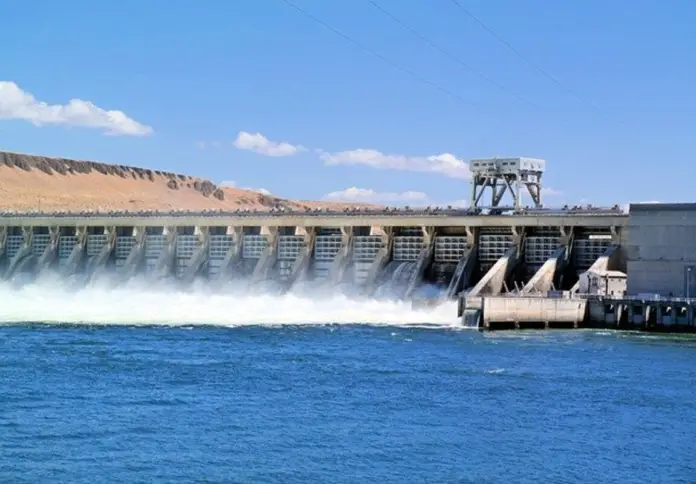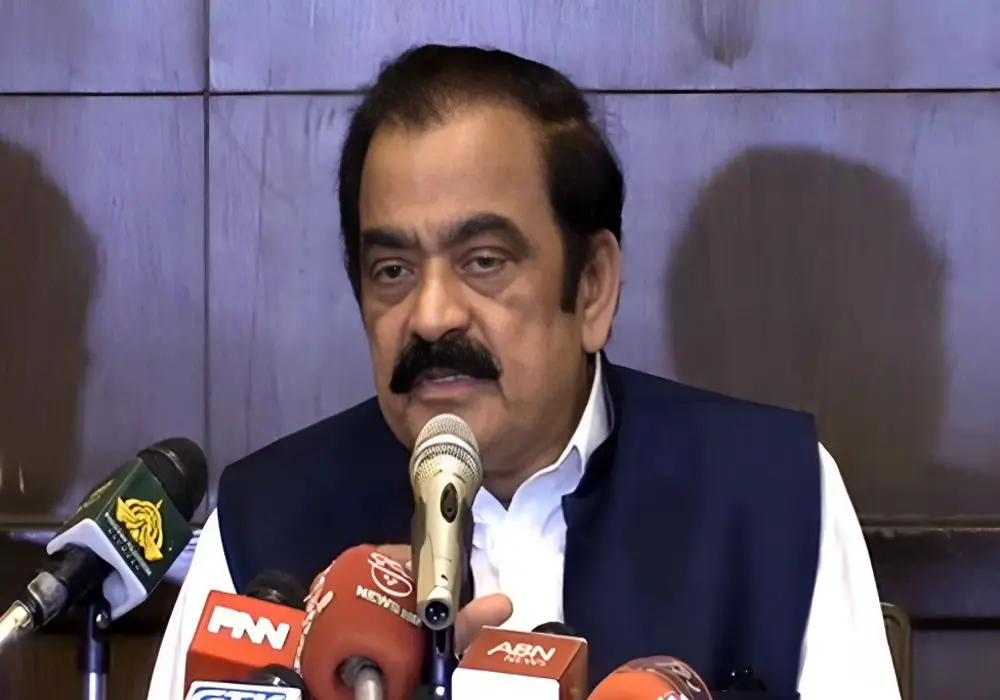India on Tuesday assured Pakistan of discussing its concerns over New Delhi’s hydroelectric projects on the Western rivers.
The assurance came at the 118th meeting of the Pakistan-India Permanent Indus Commission (PIC), held in New Delhi from May 30-31, the Foreign Office said in a statement. A six-member Pakistani delegation was led by Pakistan Commissioner for Indus Waters, Syed Muhammad Mehar Ali Shah, while the Indian side was headed by Indian Commissioner for Indus Waters AK Pal.
The Pakistani side also sought a response to the objections on Indian projects, including Pakal Dul, while also urging communication in advance on flood-flow information as per the provisions of the Treaty and the practice in vogue from 1989 until 2018. The Indian side assured arranging tours and inspections after the coming flood season. It also assured that Pakistan’s outstanding objections would be discussed in the next meeting as they were still in the process of examining the details.
Both sides reiterated their commitment to implementing the Indus Waters Treaty in its true spirit and expressed the hope that the next meeting of the Commission would be held at an early date in Pakistan. The communique added that a wide range of water-related issues was discussed on the occasion, including the advance sharing of flood information, a programme of tours and inspections and the signing of a report of the Permanent Indus Commission for the year ending March 31, 2022.
Under the relevant provisions of the Indus Waters Treaty (IWT) 1960, the meeting takes place alternatively in Pakistan and India annually. At the meeting, Pakistan highlighted its objections to India’s hydroelectric projects on the Western rivers. Indus Waters Treaty was signed on September 19, 1960, between the two South Asian nations and was brokered by the World Bank. The treaty fixed and delimited the rights and obligations of both countries concerning the use of the waters of the Indus River system. The treaty gave the waters of the western rivers-the Indus, Jhelum, and Chenab-to Pakistan and those of the eastern rivers-the Ravi, Beas, and Sutlej-to India.
It also provided for the funding and building of dams, link canals, barrages, and tube wells-notably the Tarbela Dam on the Indus River and the Mangla Dam on the Jhelum River. These helped provide water to Pakistan in the amounts that it had previously received from the rivers now assigned to India’s exclusive use. Much of the financing was contributed by member countries of the World Bank.







